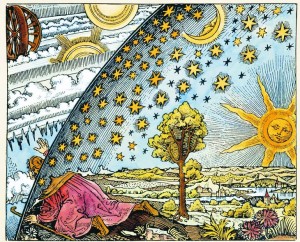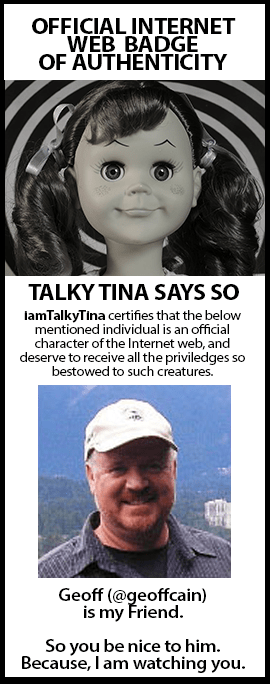
-
Recent Posts
Simon Says: Educate!
Mastodon
Quote of the Moment…
Nodes in My Network
- Bryan Alexander
- Maha Bali
- Gardner Campbell
- Mike Caulfield
- Sahana Chattopadhyay
- Dave Cormier
- Robin DeRosa
- Ignatia Inge deWaard
- Stephen Downes
- Cable Green
- Jim Groom
- Rajiv Jhangiani
- David Kernohan
- Clint Lalonde
- D'Arcy Norman
- Howard Rheingold
- Jen Ross
- Bonnie Stewart
- Jill Walker-Rettenberg
- Audrey Watters
Archive
Tag Cloud
- Accessibility
- AI
- art
- assessment
- biology
- collaboration
- community
- Community college
- conceptmaps
- connectivism
- constructivism
- diversity
- ds106
- edtech
- education
- elearning
- English
- future
- Instructional Design
- instructionaldesign
- LMS
- mlearning
- MOOC
- networks
- OER
- Open education
- Open Educational Resource
- Open educational resources
- Open education resources
- Open source
- Open textbook
- Open textbooks
- opentextbooks
- pedagogy
- Public domain
- publishing
- Social media
- Social network
- teaching
- Tech Beat
- technology
- Textbook
- textbooks
- Time management
GBC Education Consulting

Creative Commons
 This work is licensed under a Creative Commons Attribution-NonCommercial 4.0 International License by Geoffrey Cain. Please use – keep the conversation going!
This work is licensed under a Creative Commons Attribution-NonCommercial 4.0 International License by Geoffrey Cain. Please use – keep the conversation going!DS106 for Life!

The Countdown!
Tag Archives: University of London
Assessment and Accreditation of an OER Learner
Image via WikipediaSpeakers: Rory McGreal, Wayne MacintoshLearners accessing OER can acquire knowledge formally or informally. This project reports on assessment and accreditation policies worldwide. A major function of colleges and universities is to validate and credentialise learning by conferring qualifications … Continue reading
You’ve Got Mail: Old models of learning are new again
Image via WikipediaDespite the growth of broad-band internet and the increases of online learning, the correspondence model of distance education is still going. According to Wikipedia, distance education dates to around 1728 when an advertisement in the Boston Gazette announced … Continue reading
